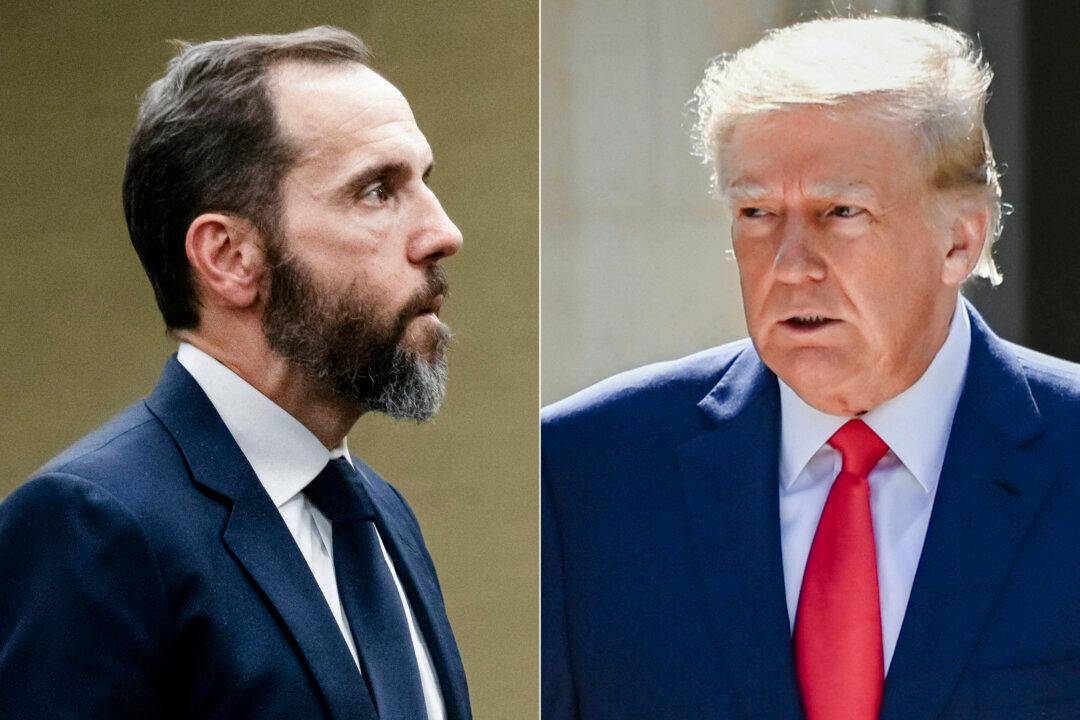District of Columbia Judge Tanya Chutkan released a redacted version of the appendix to special counsel Jack Smith’s immunity motion on Oct. 18, offering more insight into the evidence undergirding his prosecution of former President Donald Trump.
So far, the tranche of released evidence consists of four volumes and nearly 1,900 pages, although large portions of the files are sealed or redacted.





